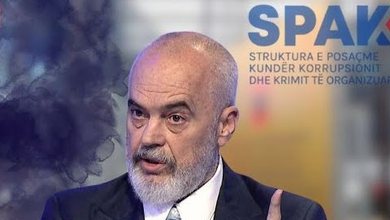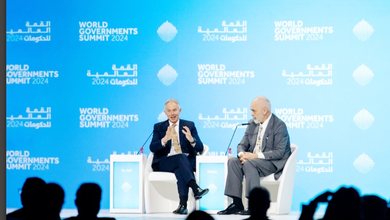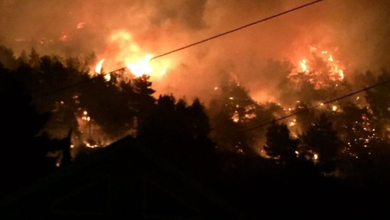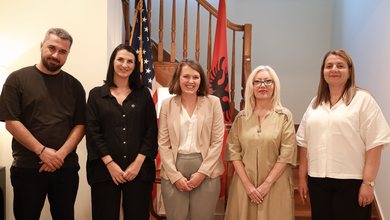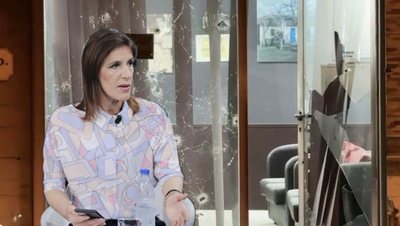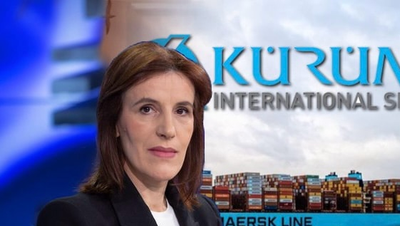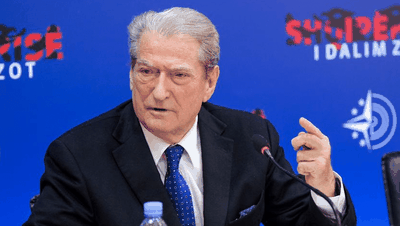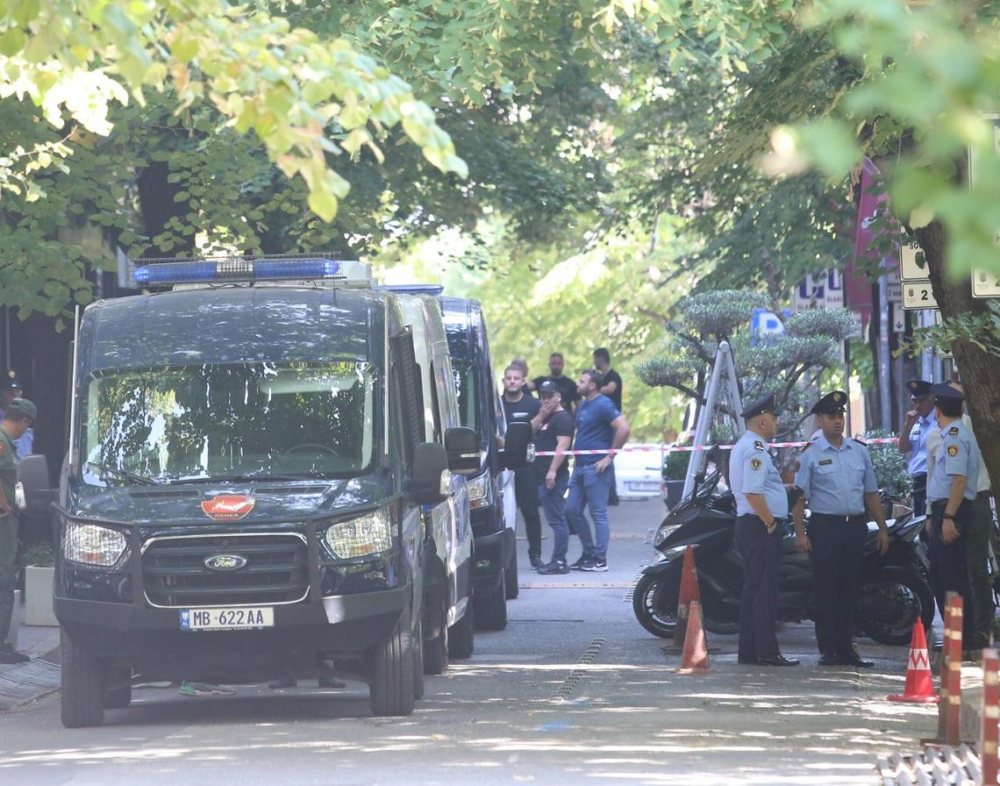
Albania this week joined a joint statement issued by 14 Western countries – including the US, UK, Germany, France and Canada – condemning Iranian intelligence operations on their territories. The statement marks an escalation of international attitudes towards Tehran and denounces its increasingly close cooperation with criminal networks to persecute political dissidents, journalists, officials and religious minorities.
"We are united in opposing efforts by Iran's intelligence services to assassinate, kidnap or harass people in Europe and the United States in clear violation of our sovereignty," the joint statement said.
Albania is not just a symbolic signatory to the declaration, as Iran has been accused of ongoing cyberattacks on the country's online systems. The most recent was in June of this year, when the Municipality of Tirana faced a cyberattack that knocked out 55 public services.
The attack was claimed by a group identified as “Homeland Justice” on Telegram, which is suspected to be behind Iranian hackers. The same group is also considered responsible for the attack on digital government services 3 years ago and the leak of a large amount of citizens’ personal data that led to the severance of diplomatic relations between the two countries.
The joint statement also notes Iran's targeting of journalists, dissidents, Jews, and officials or former officials of these countries. "This is unacceptable. We consider these types of attacks, regardless of the target, as a violation of our sovereignty," the statement said.
Redon Qirjazi, a security expert, notes that Iran has long been engaged in a hybrid war against Albania, due to the country's sheltering of the Iranian opposition organization Mojahedin-e-Khalq (MEK).
“There are indications of Iranian intelligence efforts to create information networks within Albanian territory or to influence public opinion indirectly through social media, propaganda and other forms of hybrid warfare,” Qirjazi said. He said Iran has made efforts to target both MEK exponents and public figures who support the group.
"In the case of Albania, these actions are repeated and documented. They are no longer just threats and 'provocations', but clear acts of antagonism of one state against another," he said.
Hybrid warfare
Relations between Albania and Iran have traditionally been cold, but the situation deteriorated in 2013, when the country agreed to shelter members of the Iranian opposition organization Mojahedin-e-Khalq (MEK), considered a terrorist organization by the Iranian regime.
Relations were finally frozen in 2022, when a massive cyberattack hit the Albanian government's digital infrastructure. According to Albanian authorities and US-backed investigations, Iranian state structures were behind the attack. In response, Albania broke off diplomatic relations with Iran and expelled all embassy staff in Tirana. Since then, tensions have continued to deepen.
The MEK's presence in Albania has made the country a recurring target of Iranian propaganda, and a series of incidents recorded by the authorities attest to Iranian efforts to create infiltration networks and potential assassination attempts against dissidents.
An Iranian citizen was convicted in 2022 by the Special Court on terrorism charges, and several diplomats were expelled from Albania on charges of similar attempts. The State Police announced in 2019 the destruction of a terrorist cell, which it said was linked to QUDS, a structure of the regime in Tehran for actions abroad. The police alleged that the organization had targeted MEK members in the country and had planned terrorist attacks.
According to Qirjazi, the risk to Albania is greater than simply damage to digital infrastructure, however he says that physical attacks are less likely.
"The risk is not only digital, but potentially also social and political. The physical threat is less likely, but still present," he said.
While the joint statement puts Albania in line with key Euro-Atlantic allies, experts have raised doubts about the country's real capacity to protect itself from unconventional threats - be they cyber, informational or operational.
Qirjazi notes that Albania needs to deepen cooperation with allies to protect itself from attacks of this nature. “Small countries like Albania are more exposed due to more limited resources and sometimes a lack of strategic preparation to deal with hybrid threats,” Qirjazi said./ BIRN


